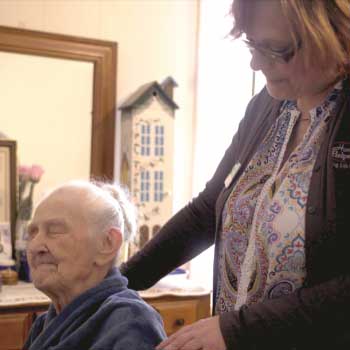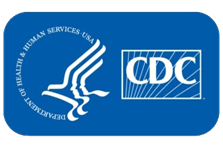How to Protect Yourself
Older adults and people who have severe underlying chronic medical conditions like heart or lung disease or diabetes seem to be at higher risk for developing more serious complications from COVID-19 illness. Please consult with your health care provider about additional steps you may be able to take to protect yourself.
Know How it Spreads
- There is currently no vaccine to prevent coronavirus disease 2019 (COVID-19).
- The best way to prevent illness is to avoid being exposed to this virus.
-
The virus is thought to spread mainly from person-to-person.
- Between people who are in close contact with one another (within about 6 feet).
- Through respiratory droplets produced when an infected person coughs or sneezes.
- These droplets can land in the mouths or noses of people who are nearby or possibly be inhaled into the lungs.
Take steps to protect yourself
- Clean your hands often
- Wash your hands often with soap and water for at least 20 seconds especially after you have been in a public place, or after blowing your nose, coughing, or sneezing.
- If soap and water are not readily available, use a hand sanitizer that contains at least 60% alcohol. Cover all surfaces of your hands and rub them together until they feel dry.
- Avoid touching your eyes, nose, and mouth with unwashed hands.
- Avoid close contact
- Avoid close contact with people who are sick
- Put distance between yourself and other people if COVID-19 is spreading in your community. This is especially important for people who are at higher risk of getting sick.


